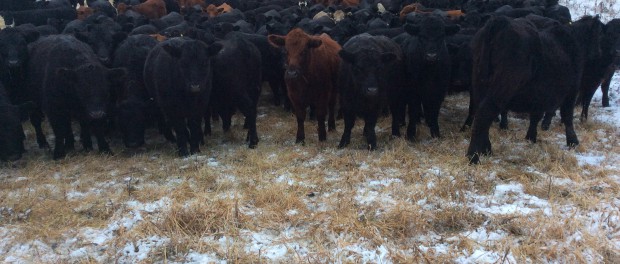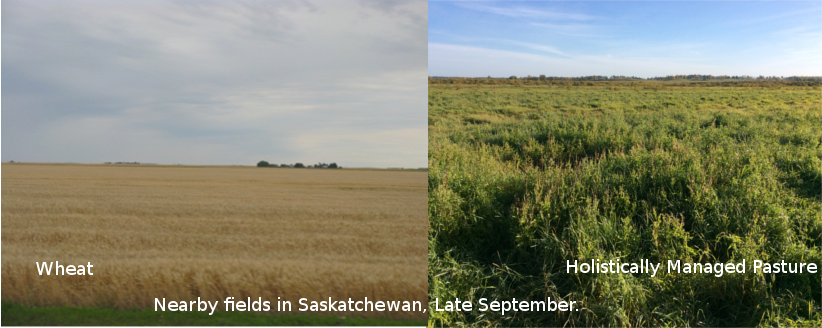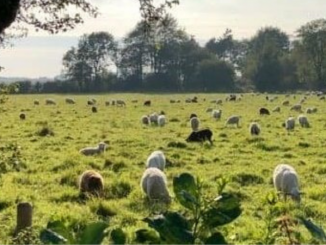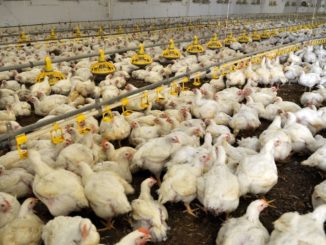The I.P.E.S argues that the transition to Holistically Managed Livestock will not happen in our current economic situation because consumers just want cheap meat, and factory farmed meat is the cheapest. They propose a solution called “full cost accounting” to make food prices reflect the full environmental cost of the way that food was produced.

First, the environmental damage caused by modern agriculture does have an economic effect. Conventional farming practices are actually less profitable than sustainable farming practices. Conventional farming destroys soil, leading to constantly increasing input costs and frequent crop failures. Even net carbon emmissions have a direct economic effect: a producer who is sequestering carbon in their soil will grow healthier and more resilient crops than a producer who isn’t. Crop failures, chemicals, and machinery would quickly bankrupt conventional farmers if not for the billions of dollars governments are paying (in the form of crop insurance, cheap loans, research grants, subsidies etc) to keep them afloat.

Factory farms are only able to produce cheap meat because of government programs which give them access to cheap grain. If these government programs were to be removed, factory farms would no longer be able to outcompete grass-finishing opperations. Holistic Management would become the norm, because the market would demand it. To see what this might look like I recommend reading about Will Harris and Dennis Wobeser, who switched from factory farming to Holistic Management (and actually made more money afterwords).

So “full cost accounting” must remove the government programs and subsidies propping up unsustainable agriculture. This may be all that is needed for our food prices to accurately reflect the environmental costs of producing them.
I would also like to address Frank Armstrong, who thinks we should extend our sympathies to all living creatures, and therefore we should not keep or kill livestock. A noble sentiment, but unfortunately it is actually impossible to feed civilization sustainably without keeping and killing large numbers of livestock. I have written a book explaining this issue in full detail, which will be released in just a few weeks.
Frank also engages in a half-hearted attack on Holistic Management. He cites a so-called “comprehensive review” which has been thoroughly disproven here (scroll down to “Part 2”). I would recommend that he reads “Evidence Supporting Holistic Management” and “Rebuttals To Common Anti-Savory Propaganda”.
 Sheldon Frith
Sheldon Frith
Sheldon grew up on the edge of the Amazon rainforest in Brazil. The destructive deforestation he witnessed as a child left him with a deep passion for environmental restoration. After years of searching, Sheldon discovered Holistic Management and realized immediately that this was the answer he had been looking for.
Sheldon currently lives in Canada. In the winter he writes about regenerative agriculture on his blog, sheldonfrith.com, and in the summer he works on various regenerative farms around Canada. Sheldon is publishing a book “Letter To A Vegetarian Nation”, and he is also working to establish a rewilding research site in Canada called “Rewild The North”.






Hi stefhan
You may also be interested in this soil and farming series we’re running at the mo (your comment is on an article from a while back, whereas this is a live debate. In fact, get in touch if you’d like to make a contribution) https://www.arc2020.eu/tag/soilmatters/
In regards to the critique posted by Frank Armstrong, for a system that “doesn’t scale” there are now over 50 mill hectares of range land on 5 continents using holistic management. Here’s a more recent article by Barry Estabrook, who listened to both sides of the debate, and then witnessed for himself Holistic Management in practice on a ranch. Low and beholds, HM works. Here’s Estabrook’s article: http://www.eatingwell.com/article/290723/this-man-wants-you-to-eat-more-meat/ For those people who claim there is no science backing up Savory’s claims, read Teague, Wong, Rowntree, Stanley and other people’s research supporting HM. A growing body of research exists. Though articles like this one by Slate seem to always miss it.
For a longer critique of Allan Savory’s (and Sheldon Firth’s) read this article: http://www.slate.com/articles/life/food/2013/04/allan_savory_s_ted_talk_is_wrong_and_the_benefits_of_holistic_grazing_have.html